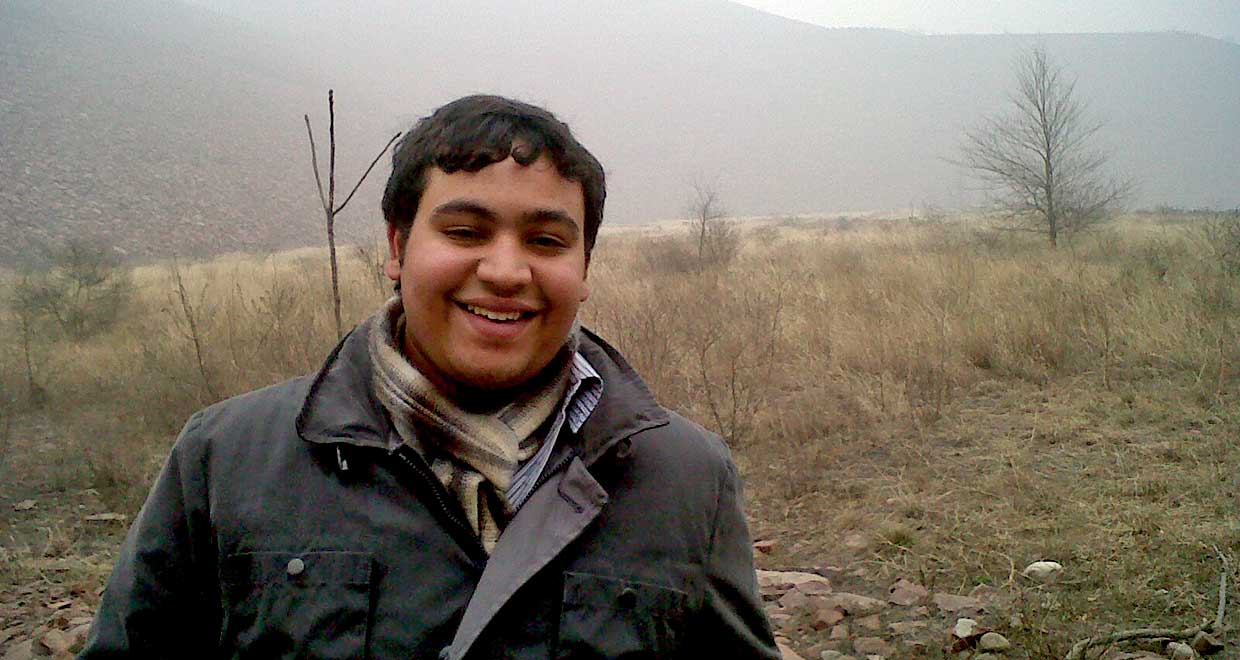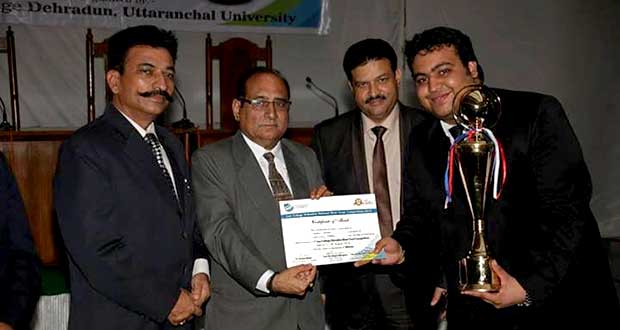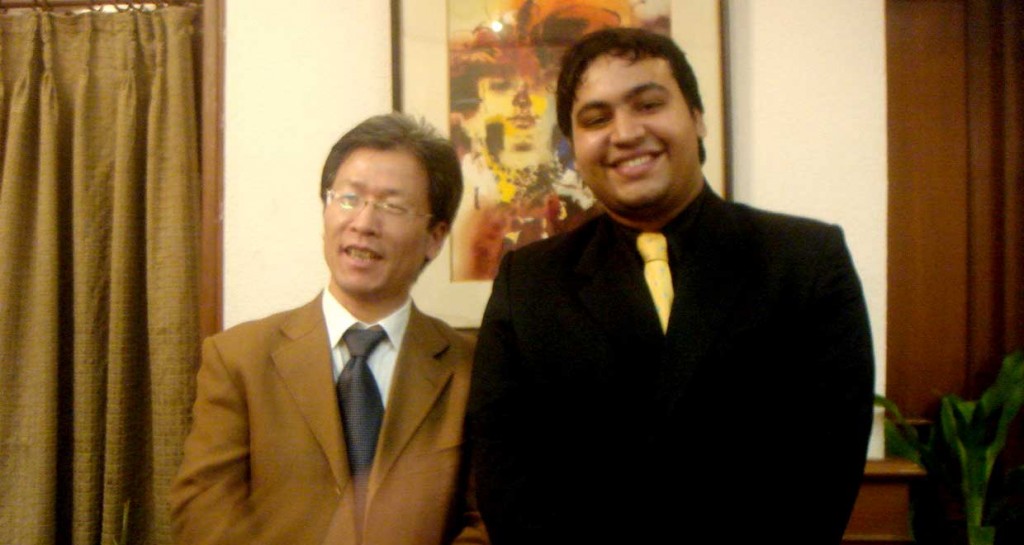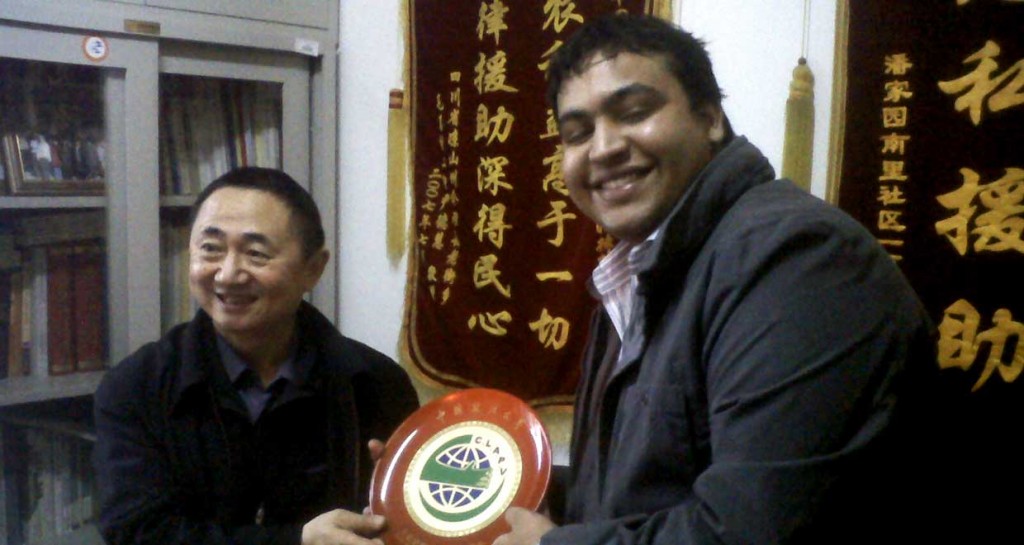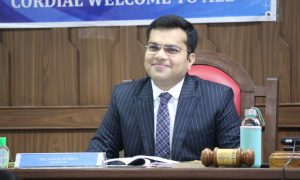Samkit Sethia is a graduate of 2015 Batch of NUJS, Kolkata. He has had an exemplary timeline with the publications of seven papers, completing from twelve internships and has held a series of designations at WBNUJS. He has been chosen to work as an Associate at Trilegal, New Delhi.
In this interview we talk about:
- Lessons learn from the chronicles of his law school journey.
- His idea on how to write papers.
- How he managed his timeline to successfully complete twelve internships.
- Experience acquired from moot court competitions.
Tell us about your life before beginning law school. What inspired you for the pursuit of law?
I went to a boarding school and thus, I remember always enjoying being challenged and sustaining my diverse interests. Learning outside the classroom interested me more and being an avid reader, writer and debater—I felt it was important to think in terms of arguments and develop an individual standpoint. This avenue of growth is what propelled me to pursue law.
Do you come from a family of legal background or are you the first generation lawyer?
I will be the first lawyer in my family. I come from a family where everyone is ultimately expected to join and contribute to the family business; this determinacy also fed into my interest for choosing a career that allows me to be creative with it.
Tell us about the chronicles of your law school journey so far. Is there is specific incident which you would like to share?
Being extremely busy works for me and that is how I managed my time in college.
I kept myself extremely busy throughout most of law school. I was part of many societies and committees at NUJS and that kept me occupied for the most part. In addition, time permitting I interned during the semesters (online research work) and wrote a few papers.
I didn’t compromise on having my share of fun in college; just like everyone else, I always found time for that.
You held a series of designations at WBNUJS. How has been your experience of working with the community?
The most important thing is that it was always a community interacting with the larger community, it could never be just about the individual—which is something I learnt over the years through our experiences in various college societies and committees. Everyone brings so much to the table that it always a wonderful learning experience. You learn to appreciate different perspectives and different types of intelligence as well.
Specifically speaking academic societies allowed me to develop and further my interests in niche areas of law and allowed me to work on something which I enjoyed outside of the stipulated college curriculum.
Being Coordinator of the Recruitment Committee gave me a different kind of exposure; pursuing recruiters, handling administrative tasks and an overall HR lesson. It was a great learning experience and while it took up an awful lot of time, I’d definitely do it all over again.
You have authored seven papers of great content. Which amongst them is your personal stalwart and why?
I’d say working on the paper on the Problems, Pitfalls and Perspectives on Public Interest Litigation in India because I was just not collating information on the paper but constantly bearing in mind the comparative angle vis-a-vis China. This paper was written while I was interning with the Danish Institute of Human Rights and the Legal Aid Society of West Bengal as part of a Study Tour comprising Chinese lawyers who were visiting to analyse how PILs function in India. This forced me to broaden my approach, yet remain nuanced in my reading of the Indian situation.
What do you think are the core qualitative measures of writing an exemplary publication?
Broadly, quality comes from grounded research, your own input and a cogent argument. The most significant for me is relevance for often it turns out that it is easy to get published in specialised areas or spin off a paper on a pivot that you think is “fresh” or “new”, but the real challenge is being able to do that while remaining socially relevant, accessible and cogent. Especially so at the university level when your engagement with the world outside and the discipline is unfettered—which is not the case when you are professionally placed and have demands of work wearing you down.
How do you think every law student should proceed while moving ahead in the timeline of law school?
I think the “professional” nature the degree has acquired given the higher education scenario in India is detrimental to a spontaneous engagement with the subject. I have seen my college mates blindly following the herd when it comes to setting out a fixed plan of internships to do and the kind of brownie points to collect for your CV. While being practical about gaining experience is important, it is also important to indulge yourself by doing whatever interests you so that you can make an informed decision about what you’re suited best to do once you graduate.
You have successfully completed twelve internships in your five years of law school. How did you manage your time alongside all the moot court competitions, paper publications and semester examinations?
I enjoy being busy so this is the kind of schedule that worked best for me. Some of my close friends chose to focus on just a few gruelling internships, or academics and so on. It is all about taking the first couple of years to figure out a rhythm that works best for you. For example, I interned every break but also chose virtual internships during the semesters when my coursework and other activities weren’t too many.
Moot court competitions have held a supreme position in your college life. What are the experiences you would like to share with our readers?
I found it to be a valuable experience because I realized that while reading, researching and prepping for the moots, I learnt an enormous deal about specific areas of law that gets elided in class. Further, while speaking in public in a competitive scenario, it demands you to be thorough, coherent and articulate—seminal skills of a good lawyer!
If left at your discretion, which would you chose foremost – paper publications or moot court competitions?
Paper publications because the curriculum and assessment pattern rarely allows one such creativity and individuation of ideas. Both have their advantages in their own right, but paper publications helped me have a better understanding of the topics I researched as opposed to moots.
What do you think are the epithets of a successful speaker of a moot team?
Brevity and cogency are important skills to me because they stand for a thorough research base and an effortless command over the subject matter. This in turn helps make the argument more convincing.
In a flashback, what are they benchmark achievements did law school have to offer you?
Law school allowed me to nurture friendships, write papers, moot, enjoy most of my weekends, land a job, learn law, intern, travel and otherwise have a fantastic college life. I couldn’t have asked for more!
Last but not the least, what is your message to our readers?
Keep reading Superlawyer!

